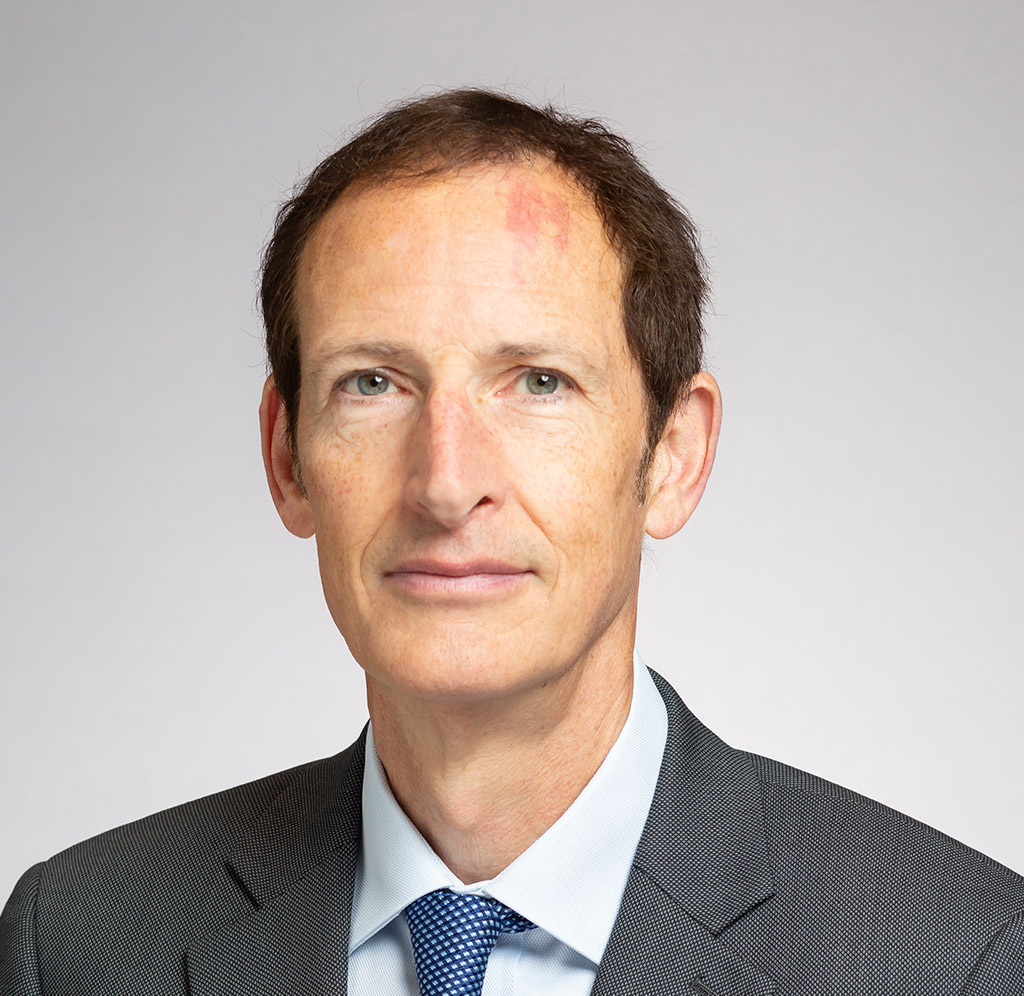Last week I attended a gathering of colleagues where, over two days, we attended presentations from external luminaries as well as our own management, and it was notable that one word in particular kept cropping up in almost every context: “Trust”.
I’m sure we all know what it means, but to be sure: “firm belief in the reliability, truth, or ability of someone or something”. I think trust is something that most of us have historically taken for granted in the majority of our daily dealings and also in delegating the management of the country to our politicians.
However, recent events and developments suggest that much of that trust has been lost, and, I would venture, is one of the many factors contributing to the volatility of markets currently.
As we have commented frequently of late, political uncertainty has featured increasingly in the asset allocation decision-making process. This has been exacerbated by the growing polarisation of political views, such that “binary outcomes” (ie results which offer sharply opposing conclusions) appear to have become the norm – think Remain vs Leave, Trump vs Clinton, etc.
There are shrill accusations from either side in the debate, not least of underhand tactics and, more worryingly, outright deception. When half of the population believes that politicians of a different stripe are liars, it makes for a very unhealthy atmosphere.
For now opinions are generally confined to verbal jousting, but I would not be surprised to see more physical demonstrations of discontent developing. I note that, true to form, French activists have taken to the streets to express their displeasure at some of President Macron’s policies. Plus ça change.
When half of the population believes that politicians of a different stripe are liars, it makes for a very unhealthy atmosphere.
Perhaps the area of most concern where trust has broken down is in the rules-based arena of global trade, where multilateral treaties and supranational bodies (such as the World Trade Organisation) are being undermined.
The main culprit is deemed to be Donald Trump (who has already renegotiated the old NAFTA treaty with Mexico and Canada, and who is now pursuing something that looks very much like a trade war with China), but the UK’s potential departure from the European Union is cast from the same mould, as is Italy’s ongoing wrangle with the European Commission over its Budget.
Many of the voters who supported this shift in attitude were seeking to “take back control”, although it’s far from clear that they will be any better off in the long run. Set against the trends of the last three or four decades, which have generally been highly rewarding to the owners of financial assets, it is not surprising that investors are nervous about the possible outcomes.
Having said that, it is also becoming clearer that the benefits of, say, globalisation and extreme monetary policy have not been evenly distributed, and so it would be wrong to condemn those who are demanding their fair share.
The bigger question is to what extent more unscrupulous politicians are taking advantage of the situation to forward their own, more selfish agendas. I will leave you to reach your own conclusions about who might be guilty in this country, but there seems little doubt that Russia has been sticking its oar into various elections and referendums, with the express purpose of undermining trust in the democratic process. Worryingly, it seems to be doing quite a good job.
If you still have any of that quaint stuff called cash in your pocket, you will see that every note issued by the Bank of England carries the line: “I promise to pay the bearer on demand the sum of (eg) twenty pounds”, signed by the Chief Cashier.
This harks back to the days when one could go to the Bank and exchange a note for its equivalent value in gold. That in itself was an act of trust in the Bank to have the gold in its vaults. We now exist in a world of “fiat money”, where there is no hard backing to cash and it only has value in as much as either a government is willing to defend it or counterparties are willing to trade it for goods or services of a certain value.
Usually this is not a problem, although we experience degrees of price volatility. However, a quick look at the fortunes of the Venezuelan Bolivar illustrate what can go wrong when all confidence in a currency evaporates – it has lost 99.9% of its value against the dollar just this year! Admittedly that requires economic mismanagement on a heroic scale, but serves as a cautionary tale to others who would test the patience of markets.
Ironically, back in early 2009 in the midst of the financial crisis, a new-fangled cryptocurrency called Bitcoin was launched as the solution to the trust deficit in the global financial system. As I have observed before, there is some merit in the underlying blockchain (or distributed ledger) technology, but we struggle to assign any intrinsic value to cryptocurrencies.
With reference to definitions of money, Bitcoin has had pretty limited efficacy as a means of exchange (even if it has oiled the wheels of crime) or as a unit of accounting, even less as a store of value. Its speculative boom took it to heights of almost $20,000 a year ago, but today it is worth less than $4,000, having lost 40% of its value against the dollar in the last two-and-half weeks alone!
A key message from last week was to emphasise the huge degree of trust that you, our clients, have placed in us to act as stewards of your wealth, a responsibility we take very seriously. While we cannot guarantee to get every market call right, we are confident that the people and processes we have in place will continue to generate positive returns in the long run.
Search articles in


